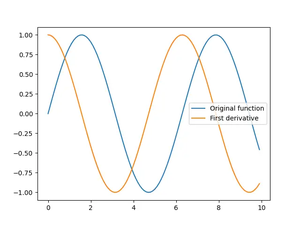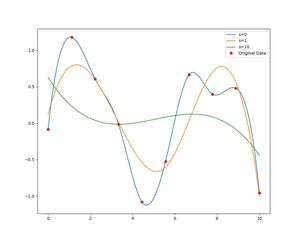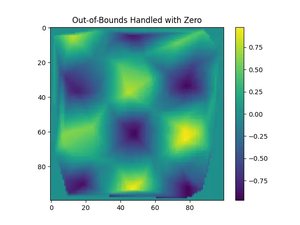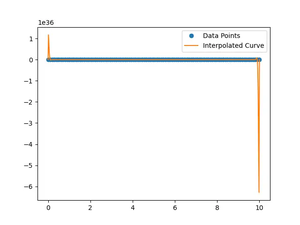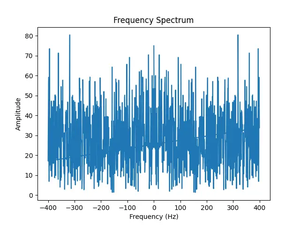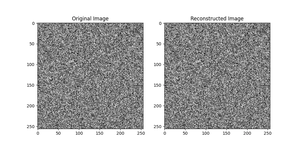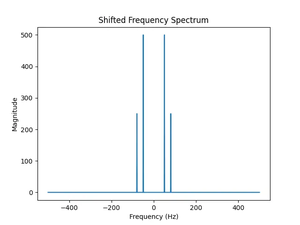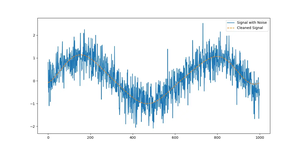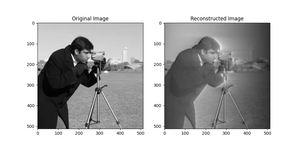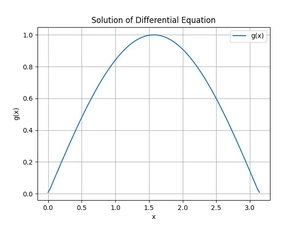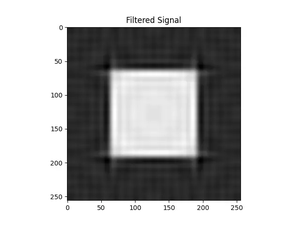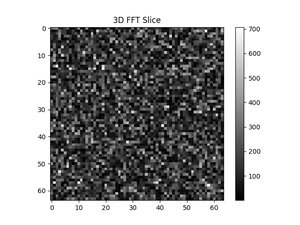The Problem
This error is commonly encountered when working with numpy arrays in Python. NumPy (Numerical Python) has strict typecasting rules which prevent implicit casting of data types in certain situations for data integrity and to avoid precision loss. This specific TypeError arises when attempting to cast a NumPy array from a float64 to an int32 dtype without explicitly stating a ‘safe’ casting rule.
Solution 1: Explicit Casting
Manually cast the array’s data type using the astype method, specifying the desired type.
- Identify the NumPy array causing the error.
- Use the
astypefunction to explicitly cast the array to the desired type, which in this case, is ‘int32’. - Assign this new casted array to a variable or use it directly as required.
import numpy as np
# Assume 'array_float64' is the NumPy array with float64 dtype data
array_int32 = array_float64.astype('int32')
print(array_int32)Notes:
- Using explicit casting guarantees control over the conversion of data types.
- Risk of losing information as float to int conversion will truncate decimal parts.
Solution 2: Using NumPy’s float64 Directly
Change the expected dtype in operations to ‘float64’ to match the array’s original dtype if the precision is crucial and integer types are not required.
- Adjust downstream code to operate with ‘float64’ type arrays instead of converting to ‘int32’.
- No changes to the original array are needed.
No code sample is provided for this solution, as it is a design decision.
Notes:
- Preservation of data precision since the original floats are retained.
- May not be suitable when integer types are needed.
Solution 3: Handle Data Appropriately Prior to Casting
Round or manipulate the data to an appropriate form (like rounding to the nearest integer) before casting to an ‘int32’ dtype.
- Determine how the data should be treated (e.g., rounding, floor, or ceil).
- Apply the desired manipulation using NumPy’s built-in functions.
- Cast the manipulated array to ‘int32’.
import numpy as np
# Assume 'array_float64' is the NumPy array with float64 dtype data
# Round the values to the nearest integer
rounded_array = np.around(array_float64)
# Cast to 'int32'
array_int32 = rounded_array.astype('int32')
print(array_int32)Notes:
- Favorable when specific numerical treatment is necessary before conversion.
- Can still result in data loss due to rounding.
